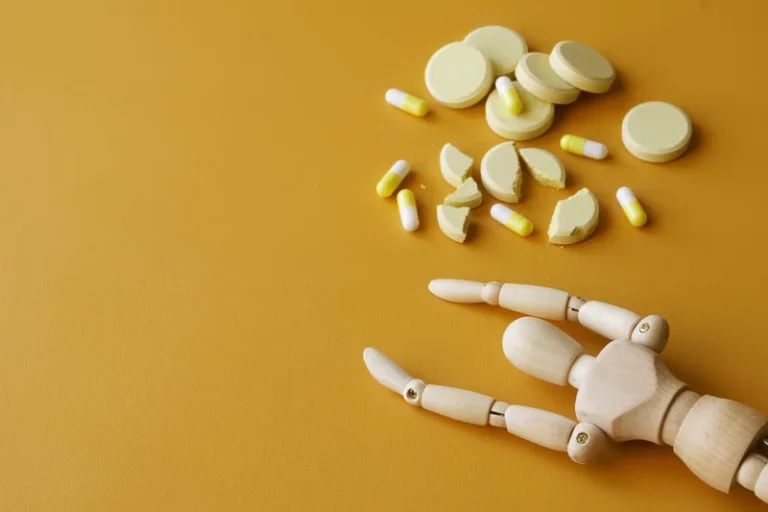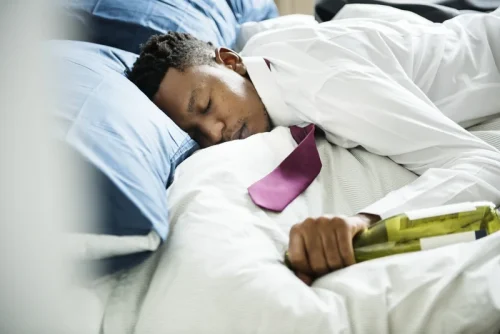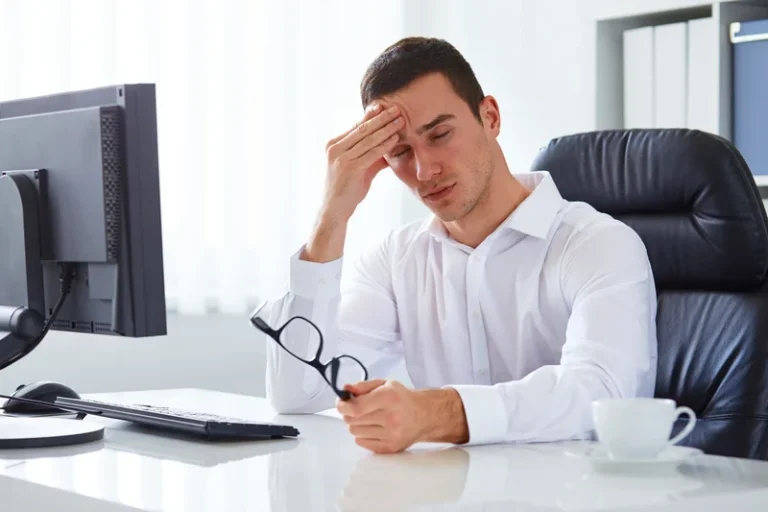Sober living
Alcohol Relapse Signs, Symptoms, Stages, Causes & Stats

It can be important to distinguish between a full-blown relapse and a slip-up. With a relapse, you fully go back into old patterns of out-of-control drinking, which can require going back into treatment and other steps to get back to sobriety. Focus on how much better your life will be once you stop using drugs or alcohol for good. Think about what’s driving you to quit, such as rebuilding damaged relationships, keeping a job, or getting healthy again. Relapse means going back to using after you’ve been abstinent for some time. It’s an ever-present threat when you’re trying to recover.
Recommended Drug and Alcohol Rehab-Related Articles
- This can help your friend or family member to feel supported.
- A relapse is a return to using alcohol in a way that’s out of control.
- Following these healthy habits will help you feel better and more in control of your life.
Relapse can occur very soon after attempting sobriety, or after several years of sustained sobriety. If a lapse or relapse does occur, it is beneficial to get help or support as soon as possible. Be honest with yourself and with those in your recovery circle. This can include counselors, therapists, doctors, self-help groups, sponsors, family members, and friends who are there to support you in both the good and hard times. Our emotions influence our thoughts and can be a big driver of how our minds and bodies react.

Helping a Loved One Avoid Relapse
You make irrational choices and are unable to interrupt or alter those choices. You begin to think that you can return to social drinking and recreational drug https://ecosoberhouse.com/article/causes-of-alcoholism-why-are-people-alcoholics/ use, and you can control it. This is not denial that you have a drug or alcohol problem. You try to convince yourself that everything is OK, but it’s not.

More on Substance Abuse and Addiction
Like other chronic diseases, there’s no cure for addiction. But you can learn how to ease stress, avoid risky situations, and manage your disease. Relapse does not mean that you or your treatment has failed. It is a temporary setback in a recovery process that will one day lead you to live your life free of drugs.


With a slip-up, you might have a drink, but you quickly realize it’s the wrong path for you, and it doesn’t go further. With a relapse, the situation can become dire because alcohol relapse statistics of the shame and guilt, particularly if it’s not dealt with early on. Relaxing and taking time to do things that make you happy is another important part of self-care.
Early Warning Signs of Relapse
- No matter how much abstinence is the desired goal, viewing any substance use at all as a relapse can actually increase the likelihood of future substance use.
- As a result, people may stop trying to heal and never recover from a relapse.
- Remember that there’s no time limit on reaching out for help.
- If you’ve experienced a relapse, your next steps are important.
- In fact, experts consider relapses part of the recovery process.
- It can bring on feelings of shame, frustration, and often cause someone to feel as if they are incapable of changing their behavior or achieving their goals.
- Solutions are both immediate and focused on long-term behavioural changes.
In the absence of an emergency plan for just such situations, or a new life with routines to jump into, or a strong social network to call upon, or enhanced coping skills, use looms as attractive. Alternatively, a person might encounter some life difficulties that make memories of drug use particularly alluring. If you are thinking about quitting drinking, talk to your healthcare provider. Medical supervision, behavioral health treatment, and mutual-aid groups can help you through alcohol withdrawal and stay stopped.
- The risk of relapse is greatest in the first 90 days of recovery, a period when, as a result of adjustments the body is making, sensitivity to stress is particularly acute while sensitivity to reward is low.
- Being alone with one’s thoughts for too long can lead to relapse.
- Taking quick action can ensure that relapse is a part of recovery, not a detour from it.
- Relapse usually results from a mix of psychological, physical, and environmental triggers.
- That’s why 2017 and 2018 alcohol relapse statistics aren’t available yet.
Understanding Alcoholic Relapse
- Research has found that getting help in the form of supportive therapy from qualified professionals, and social support from peers, can prevent or minimize relapse.
- The transition back to the world outside can come as a huge shock and so your support and understanding is vital, particularly when they need reassurance after an alcohol relapse.
- Also known as DTs, an estimated 2% of people with alcohol use disorder and less than 1% of the general population experience them.
- It might mean entering, or returning to, a treatment program; starting, or upping the intensity of, individual or group therapy; and/or joining a peer support group.
- All alcohol relapses are linked to these vulnerabilities in the brain.
- For a fuller list of behavioral changes, see the warning signs listed below.



